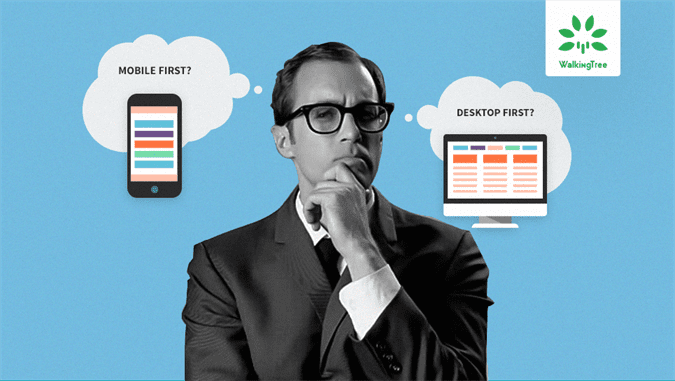The choice between desktop and mobile devices for business hinges on specific needs. Desktops offer stability and power, while mobile devices provide flexibility and portability.
Choosing the right technology for business operations is critical in today’s fast-paced digital environment. Desktop computers have long been the backbone of office productivity, known for their robust performance and extensive features tailored to professional demands. They’re ideal for tasks that require large screens, substantial processing power, and sustained use.
On the other hand, the rise of mobile devices has revolutionized the way we work by offering unparalleled convenience. Smartphones and tablets are not just for on-the-go communication; they enable business continuity outside the traditional office, support a mobile workforce, and encourage real-time collaboration across vast distances. Balancing these factors is key to selecting the optimal tools for one’s business objectives, ensuring both efficiency and competitive edge in the process.
The Shift In Business Device Preferences
Businesses today are increasingly embracing mobile devices for their convenience and portability. Smartphones and tablets offer flexible accessibility, enabling employees to work from anywhere. Such devices simplify communication and collaboration through various apps. Yet, desktop computers remain a staple in many offices.
Desktops provide powerful performance and larger screens, essential for certain tasks. Complex data analysis, graphic design, and long-form content creation are easier on desktops. Despite the allure of mobility, the robustness of desktops for specific business assignments remains unequivocal.

Credit: andrewggibson.com
Comparing Productivity: Desktop Vs. Mobile
Desktops reign supreme for task-heavy jobs requiring multiple apps and software. Their powerful hardware supports demanding tasks such as video editing, complex calculations, or running simulations.
Large screens and the ability to connect multiple monitors enhance multitasking efficiency.
The mobility of smartphones and tablets caters to professionals on the move. They offer swift access to emails, documents, and communication tools.
Platforms like iOS and Windows support a wide range of software, making it easier to sync files across devices. Yet, not all desktop software has a mobile version, which can impede workflow.
Security Concerns And Solutions
Businesses must prioritize security when selecting devices. Desktops typically offer better control over security settings. They allow IT departments to more effectively manage firewalls and anti-virus programs. Desktops can be physically secured to desks.
Mobile devices, on the other hand, are more susceptible to security breaches. They can easily be lost or stolen. Risks increase with the use of public Wi-Fi. Constant updates are essential to safeguard against vulnerabilities.
To ensure utmost protection, businesses should implement robust security protocols. This involves regular software updates and employee training on security practices. They should employ strong passwords and two-factor authentication. Data encryption is crucial whether on desktops or mobile devices.
Cost Implications And Investment
Choosing between desktop or mobile devices for business demands careful financial consideration. Desktops often have higher upfront costs compared to mobile devices. Yet, they generally offer longer lifespans and cheaper maintenance, which can translate into better long-term value.
Mobile devices could require more frequent replacements and can incur high maintenance expenses, especially with regular software updates and possible screen repairs. Businesses on a tight budget, particularly small ones, should also weigh the potential need for additional devices against the utility of a single desktop.
| Device Type | Upfront Costs | Maintenance Costs | Long-Term Value |
|---|---|---|---|
| Desktop | Higher | Lower | Better |
| Mobile Device | Lower | Higher | Variable |
Small businesses must balance initial investment with operational costs. Often, they find that purchasing desktops allows for a more predictable budgeting scenario, while mobile devices offer flexibility and immediate savings.
Future Trends In Business Computing
The business world is always changing. Cloud services are becoming key for companies. They offer easy access to data and apps from anywhere. This shift means businesses rely less on one place or device. More work happens on the go now.
Mobile devices are getting better fast. New features and strong security are common. Workers can do more from their phones and tablets than ever before. This change lets businesses work in new and flexible ways.
The change is not leaving desktops behind. Desktops are still powerful tools for work. Experts think desktops will get more specialized. They may handle tasks that need lots of power or big screens. Desktops and mobiles may work together more too.

Credit: insights.samsung.com

Credit: walkingtree.tech
Conclusion
Selecting the right technology for your business is vital. Desktops offer robust performance, while mobile devices provide flexibility. Assess your company’s needs to make an informed decision. Embrace the platform that aligns with your workflow and watch productivity soar. Remember, it’s not about the device, but how you use it to achieve your business goals.











